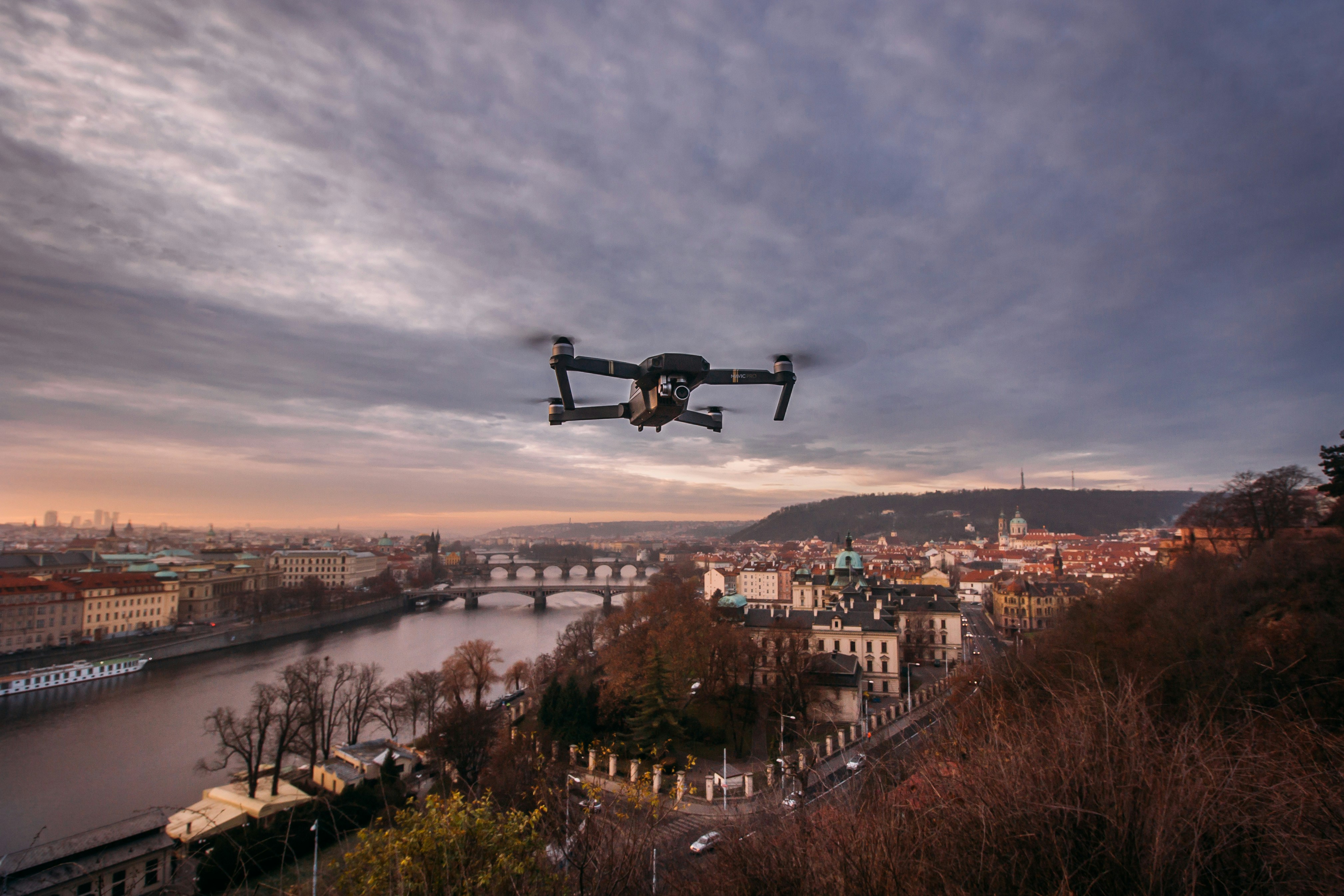Location: Bristol, United Kingdom
Thales people provide armed forces customers with operational advantage at every decisive moment throughout the mission. Defence and armed forces customers rely on us to deliver the full range of defence mission systems solutions at land, sea, and air. Our platforms extend across the battlespace including Above and Sonar, Electronic Combat, and Intelligence, Surveillance and Reconnaissance systems. Together we offer fantastic opportunities for committed employees to learn and develop their career with us. At Thales UK, we research, develop, and supply technology and services that impact the lives of millions of people each day to make life better, and keep us safer. We innovate across five major industries; Aerospace, Defence, Ground Transportation, Security and Space. Your health and well-being matters to us and that's why we offer you the flexibility to do what's important to you; whether that's part time hours, job sharing, home working, or the ability to flex your start and finish times. Where possible, we support a working pattern that suits your lifestyle and helps you reach your ambitions.
Primary Purpose of the Role:
The Thales Unmanned Air Systems (UAS) Trials and Training Centre (UTTC), based at West Wales Airport, delivers Air Test and Evaluation (T&E) of large complex UAS for UK MOD and other customers. Thales is expanding its UAS flight test capability, providing an opportunity for a Lead Flight Test Engineer (FTE) to join the team. The Lead FTE will perform a central role within the organization, leading the planning of and conducting developmental flight test of UAS. They will be responsible for line management of 1 or more junior FTEs.
Key Responsibilities:
- Plan UAS flight trials, considering requirements, certification, airworthiness, and safety and risk management, working closely with the Design Organisation. Documentation to be produced will include Trials Instructions, Trials Risk and Hazard Assessments, Technical Notes, Flight Test Cards.
- Brief and conduct UAS flight test sorties as part of the GCS test crew.
- Analyse flight trial data, write Post Flight Reports, and at the completion of a flight trial write the Flight Test Report.
- Assist the Head of Air T&E and Head of Flying in strategic planning of flight trials, and in writing flight test governance documents, processes, and procedures.
- Provide leadership and management to one or more junior FTEs.
Minimum Requirements:
- Graduate Flight Test Engineer of a recognised Test Pilot School, or having demonstrable equivalent qualifications/experience as an FTE.
- Demonstrated ability to plan, manage and conduct flight trials, analyse flight test data, and write flight test reports.
- Excellent English language written and spoken communication skills.
- Aeronautical engineering and/or aerospace graduate background, with demonstrable knowledge and understanding of all aspects of flight test.
- Ability to lead and manage more junior personnel as part of a team.
- High level of skill in using modern software applications and tools, particularly in analysing and presenting data gained in flight test.
Desirable Qualifications:
- Qualifications (including post-graduate) related to manned or unmanned aircraft design, flight operations, or safety and risk management.
Experience:
- Significant flight trials experience as an FTE, including all aspects of flight test planning, conduct, data analysis and reporting.
- Flight Trials experience on UAS platforms.
- Experience of working under MAA regulation, particularly within the Contractor Flying Approved Organisational Scheme (CFAOS).
At Thales we provide CAREERS and not only jobs. With Thales employing 80,000 employees in 68 countries, our mobility policy enables thousands of employees each year to develop their careers at home and abroad, in their existing areas of expertise or by branching out into new fields. Together we believe that embracing flexibility is a smarter way of working.
A successful candidate is expected to adopt and practise the Thales Values and Behaviours:
- Shape solutions out of complexity
- Be ambitious and accountable
- Perform through cooperation
- Influence key stakeholders
- Engage and develop teams
- Manage Self
Please note that this role will require the successful candidate to be onsite at West Wales Airport for 4 days a week. We will provide full travel and subsistence whilst you are there.
#J-18808-Ljbffr


